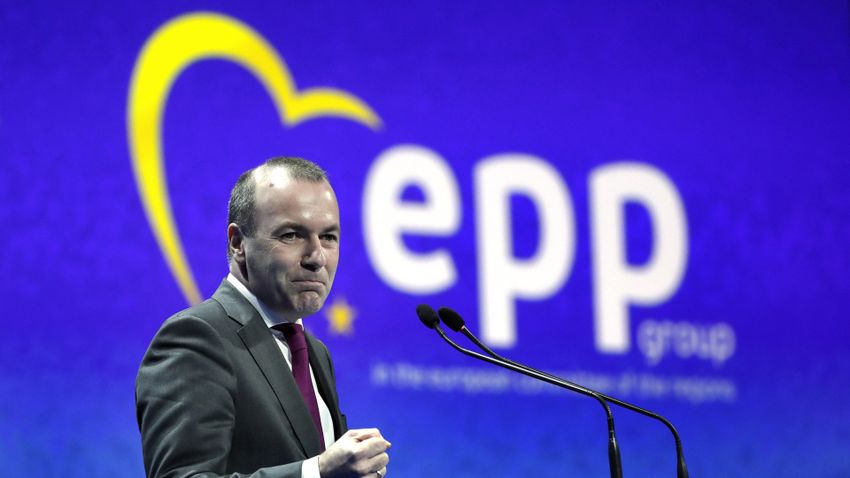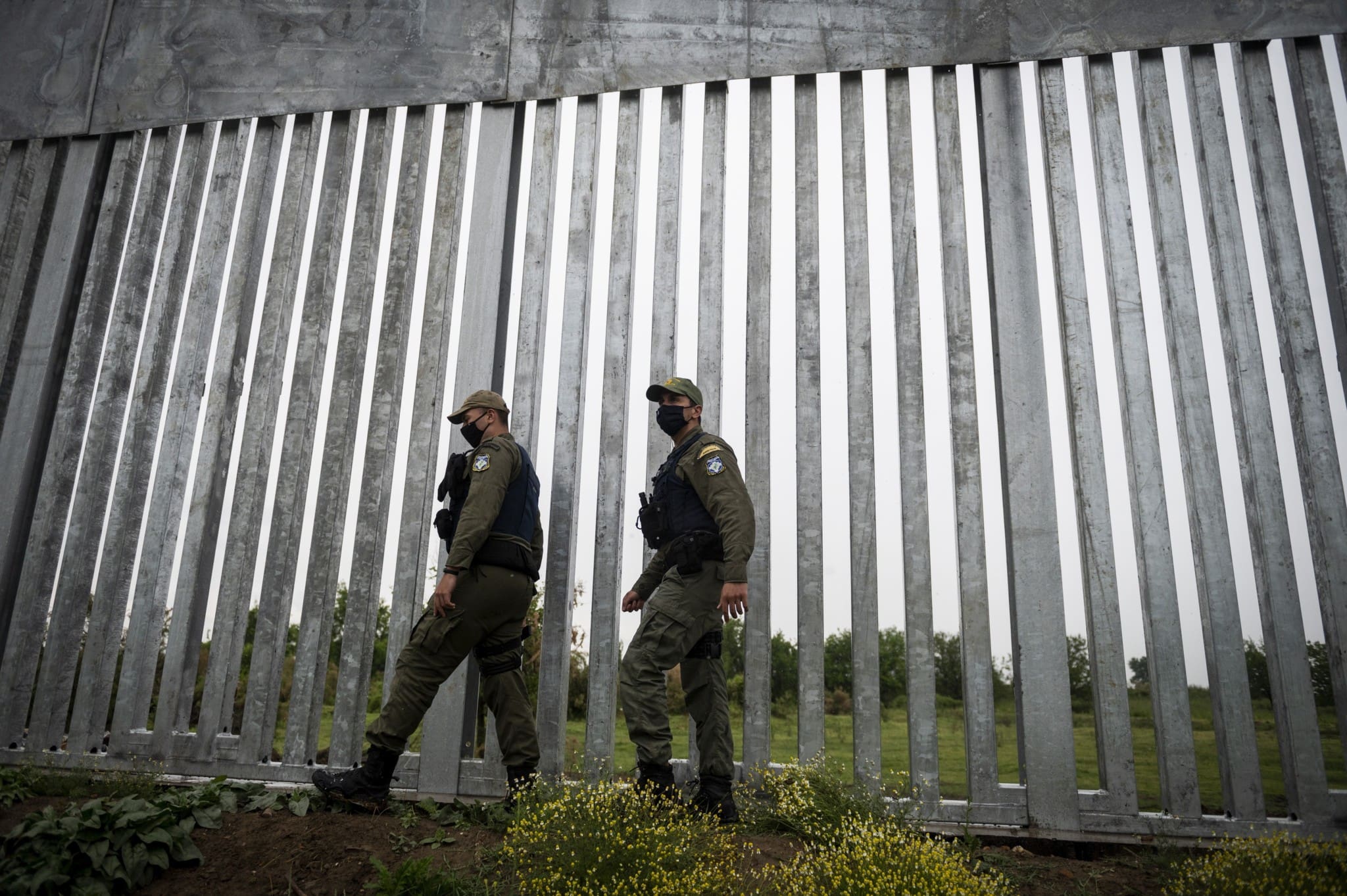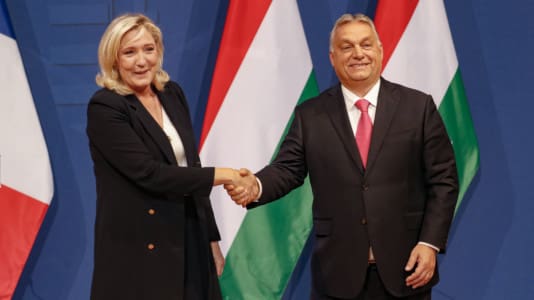Compared to the fact that a few years ago there was a flood of criticism in Hungary for defending against illegal migration with a fence, several EU members are now following suit. The debate now is not so much about whether physical border protection is needed, but rather about who pays for it.
Although the EU has consistently said it is not possible for Brussels to pay for border fences or walls, there are signs that the idea is taking root.
The turnaround is exemplified by the fact that Manfred Weber, leader of the European People’s Party in the European Parliament, told the German newspaper Welt am Sonntag this weekend, “I support the European Union to provide money for the planned fence on the Polish-Belarusian section of the Community’s external border.”

“Turkish President Recep Tayyip Erdoğan extortion attempts regarding the Greek-Turkish EU external border could only be stopped when the border fence virtually prevented unauthorized crossings. The same now applies to the eastern border,” Weber said.
The politician also called for EU funds to protect the union’s external border in a recent tweet.
“We do not understand why the European Union cannot fund a fence on the Belarusian border. There is a hybrid war and we must not be naive. Lithuania, Latvia and others deserve our full support, including support for border fencing!” Weber wrote.
Weber’s statements come after 12 EU member state interior ministers wrote a letter to Brussels stating that the EU should help pay for border fences in order to better protect the bloc from illegal immigration.
This is a complete U-turn compared with his position just four years ago, when, speaking about then President Donald Trump’s plan to build a fence on the U.S.-Mexican border, he said, “We do not build walls, we want to build bridges. Europe must be ready for a close partnership with Mexico.”
At the same time, in the same year, he supported Hungary’s need to use EU money to build and operate the southern border fence.
Hungarian news agency MTI reports that support for the construction of the Polish border fence is also urged by Thorsten Frei, head of migration issues of the German CDU/CSU party alliance. He also considered it essential to draw up a German-Polish agreement on the basis of which people wishing to enter Germany from Poland without a title could be returned to the border.
“The pressure on the EU’s eastern external border will ease as soon as it becomes clear that the road to Germany is not open,” Frei said.
Last week, Hungarian Prime Minister Viktor Orbán wrote a letter to European Commission President Ursula von der Leyen asking that the EU reimburses half of the 590 billion froints Hungary spent up until now defending its southern border, which is also the external border of the European Union.






